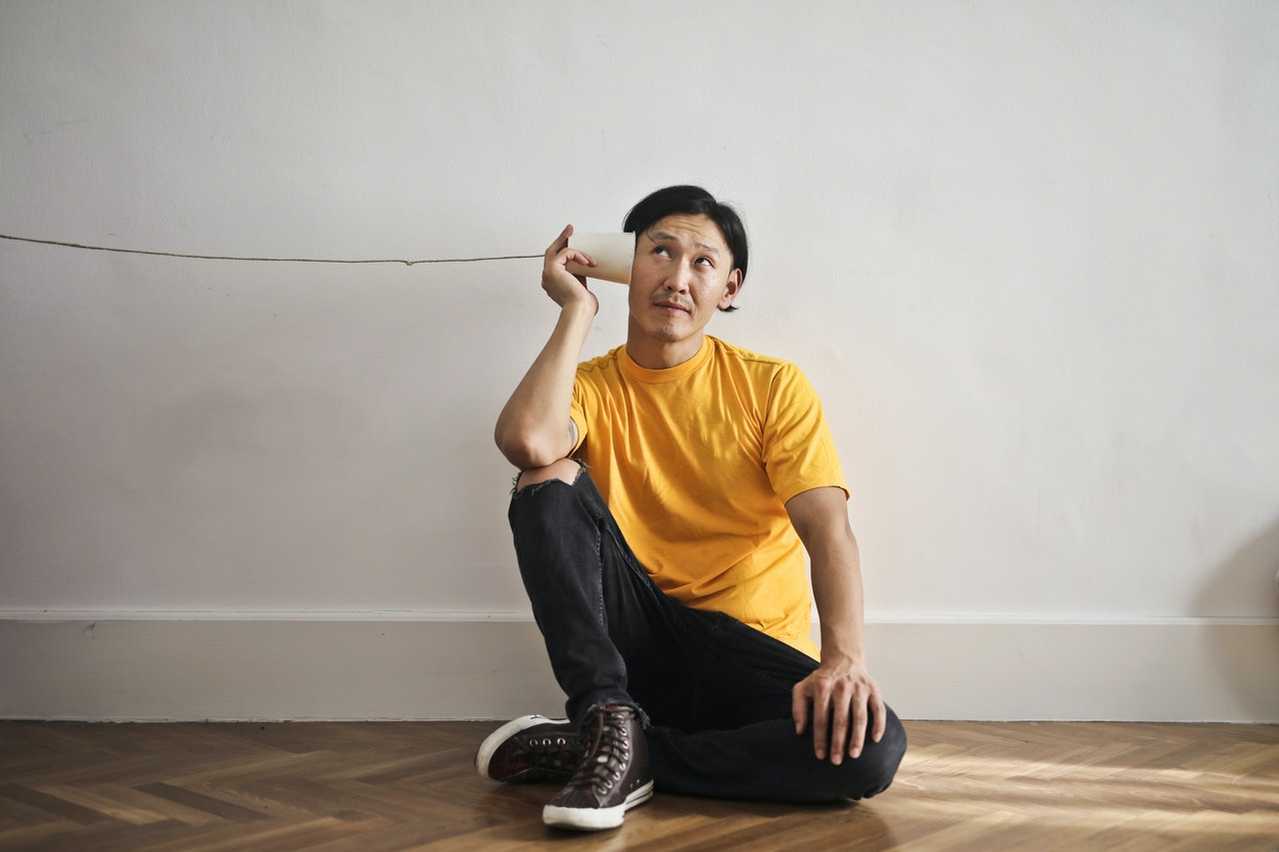It's pretty common for early-career people to say “I've only ever worked retail jobs. That has nothing to do with the corporate world." While it may seem that working at your local grocery store or favorite fast food joint may not provide much work experience, there are a lot of valuable lessons learned from those first jobs.
Coming from someone who's worked in a couple of different types of retail jobs, I can say that each one has taught me something that I know I can apply to my future career. Here are four skills you develop in retail jobs that will serve you well in almost any position in your future career.
Conflict resolution
I can say with complete certainty that everyone who has worked in retail has a customer horror story. Just recently I was ringing someone out and they needed to do a return. No problem, should be a quick transaction. However, their items were purchased with a third party vendor, which unfortunately means that we cannot process their refund in store. Their only options are to return the items the way they purchased them, or receive a store credit to redeem at a later time. The customer was understandably upset, but proceeded to take their frustrations out on me, someone who is unable to change the corporate policy.
Most of the time this exact scenario or something similar plays out. A company policy, such as a 30 day limit for returns or the use of a third party vendor, often restricts the employee from helping the customer get what they want.
Dealing with an unhappy client is unfortunate for many reasons, but learning how to deescalate those types of situations by trying to find a different solution or offering a way for them to still get something similar to what they came for is a valuable skill to have that many first come across during their first job.
Customer service
This one is huge. Your first ever retail experience will teach you a lot about how to interact with customers. The number one thing is making sure that they get what they came for, or, at the very least, something similar.
One thing my store is able to do is find an item in our online shop if we don’t have the size in store that a customer is looking for. Offering that solution to a customer isn't really going above and beyond, but to them it seems like you are going the extra mile to really make sure that they leave your store with a smile.
These interactions will determine the future of that customer’s relationship with your company. A great interaction equals a returning customer and possible good word of mouth. A poor interaction may result in the loss of that person's business, or possibly tarnish your company's reputation. Treating every customer as the most important customer is a useful tactic that is better learned early on.
How to sell
Anyone that comes into your store is a warm lead. They're familiar with your product, and are interested in potentially buying something. Turning that lead into a customer has a few important steps to that process.
First, you want to welcome them into your store and let them know that you are there to answer any questions or help them find any particular items they are looking for. (Similar to the service a chatbot provides on your website.)
After they've taken a moment or two to look around, you can approach them again to see if they are looking for any sizes that may not be on the floor, or see if they would like to try anything on. (Just like a demo request.)
Once they are ready to check out, you can then let them know about a promotion that one of their items is a part of so they can take an extra minute or so to pick out something else they may want to purchase. Not only does this potentially bring in more revenue for your company, it makes the customer feel like they have hit the jackpot because you let them know that they qualify for a better deal on their purchase today. (This could be similar to your company offering any bundles or better packages for larger teams.)
This face-to-face selling helps set you up for success in a corporate sales role later in your career. You find out early on what works for you and what works in general as a salesperson. Figuring out those selling tactics in a retail job not only creates a baseline to start a future career on, but also helps you figure out where your strengths and weaknesses lie when selling.
Communication skills
This may seem obvious, but if you're working with the public, you have to be able to talk to the public. Sure, it's weird at first striking up conversations with complete strangers, but it helps develop both your communication and personable skills. Having good communication skills is an important part of any career. You will be able to better understand what your customer needs through active listening, and communicate more effectively with them to establish a working relationship.
These four skills are going to be important for any sales career. Learning them early on is a great way to set yourself up for better success in the future, as well as give you time to refine these skills as you move through your work life.




